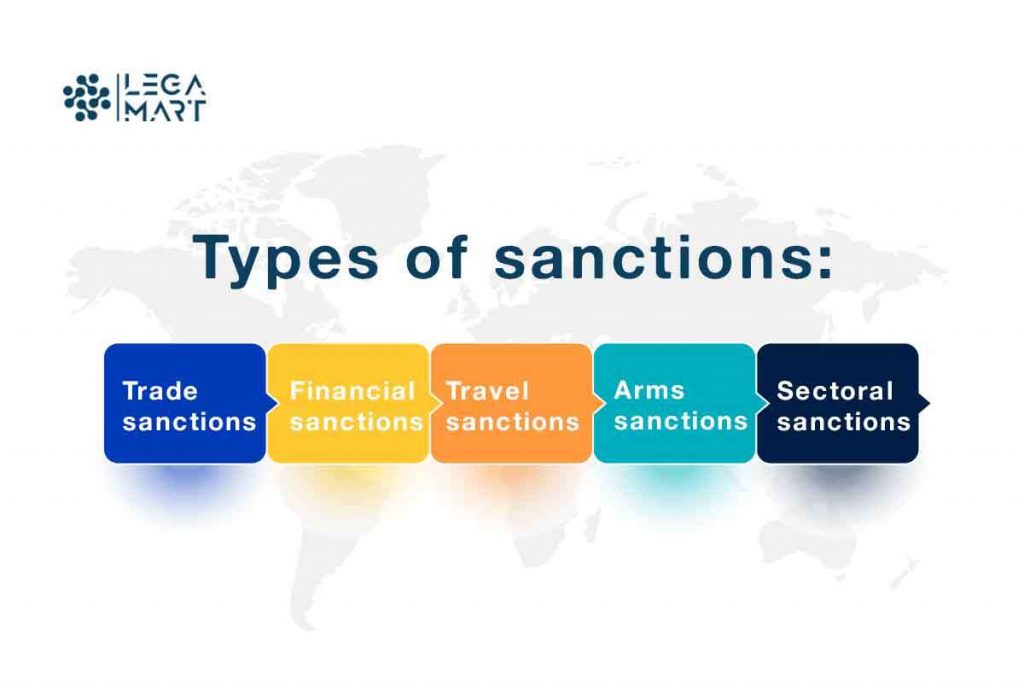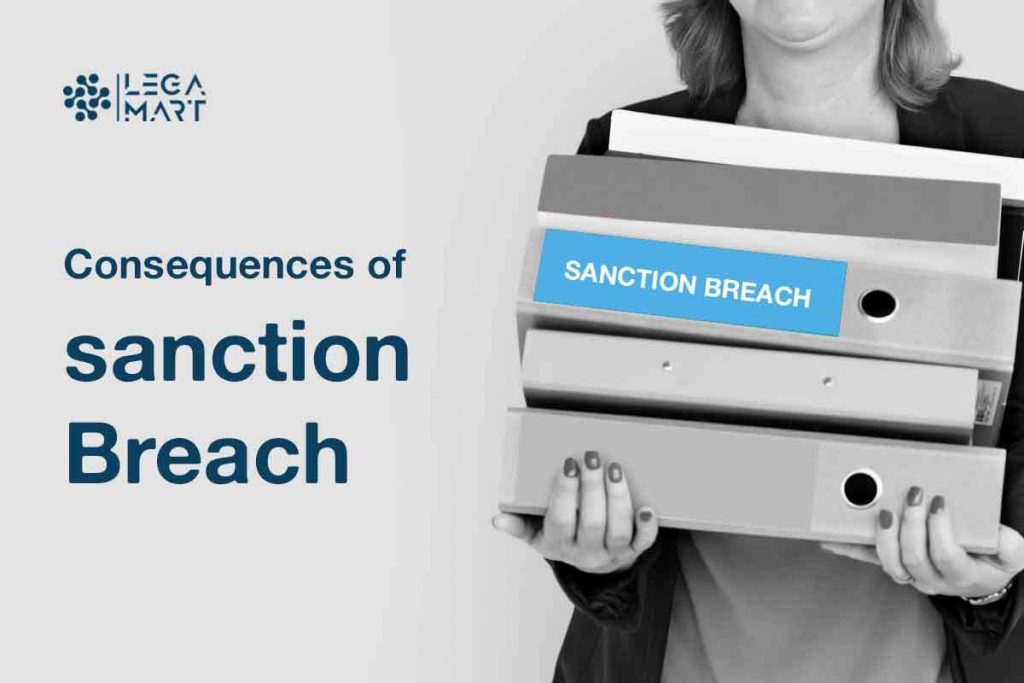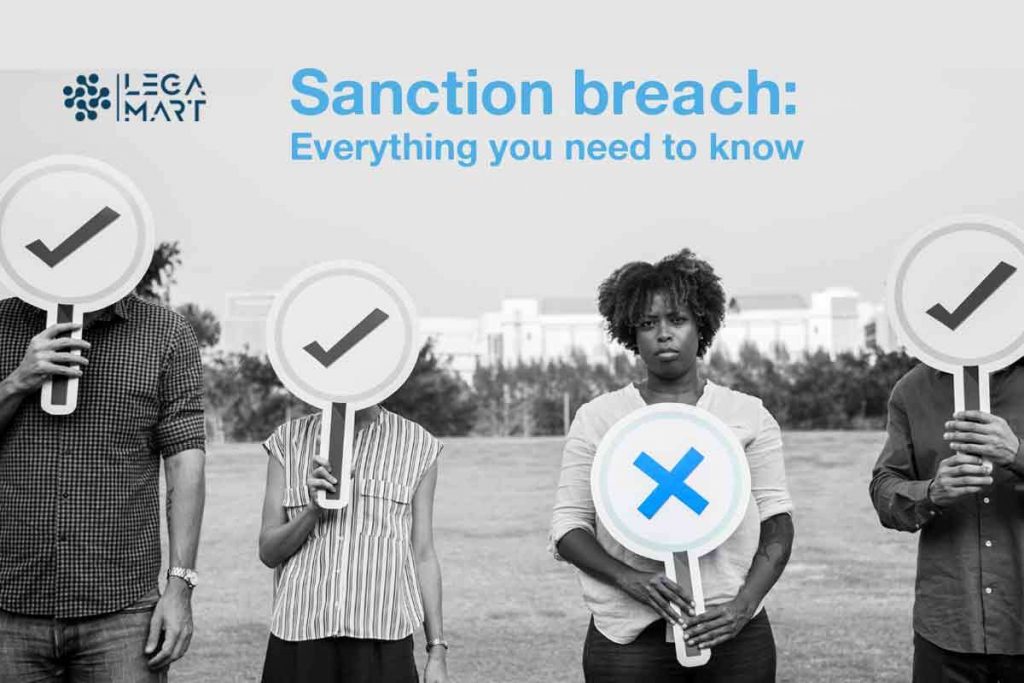Introduction: Sanction breach
Sanction breaches have become a critical issue in the international community, with more countries implementing economic sanctions as a tool for foreign policy. This evolving landscape is a crucial domain within Cross-Border & International Law and poses significant challenges for Legal Practice & Specialization. However, the effectiveness of these sanctions depends on the level of compliance by the targeted countries. According to a report by the United Nations Office for Disarmament Affairs, the number of sanctions regimes imposed by the UN Security Council has increased over the years, from five in 1990 to 15 in 2021. The number of countries imposing sanctions has also increased, with the United States being the most active. One recent example of a sanction breach is the case of the Russian Nord Stream 2 gas pipeline. The United States has imposed sanctions on companies involved in pipeline construction, which is set to transport natural gas from Russia to Germany. Despite the sanctions, Germany has remained committed to the project, with Chancellor Angela Merkel stating it is an economic project. However, this has created a rift between Germany and the United States, with the latter threatening to impose further sanctions.
Types of sanctions

These sanctions can take many forms, each with its specific objectives and potential impact on the targeted country. Each type of sanction has its strengths and weaknesses, and countries often use a combination of different types of sanctions to achieve their objectives. It is important to note that the effectiveness of sanctions depends on a range of factors, including the level of compliance by the targeted country, the support of other countries, and the ability to enforce the sanctions. As such, the success of a sanctions regime is not always guaranteed, and countries must carefully consider the potential risks and benefits before implementing sanctions as a foreign policy tool.
The following are some of the most common types of sanctions used by countries:
Trade sanctions
These sanctions restrict or prohibit trade between the targeted country and other countries. This can include restrictions on imports or exports and bans on specific products or industries. For example, the United States has imposed trade sanctions on Iran, including restrictions on the import of Iranian oil.
Financial sanctions
These sanctions restrict the targeted country’s access to the international financial system. This can include freezing assets held in foreign banks, blocking financial transactions, and prohibiting foreign investment. For example, the United States has imposed financial sanctions on Russia, including freezing the assets of Russian individuals and companies.
Travel sanctions
These sanctions are designed to restrict the travel of individuals associated with the targeted country, including government officials and their families. This can include revoking visas, denying entry into the country, and restricting travel to specific regions. For example, the United States has imposed travel sanctions on Venezuelan officials in response to the political crisis.
Arms embargoes
These sanctions restrict the targeted country’s access to weapons and military equipment. This can include bans on the export of weapons to the targeted country and restrictions on the import of weapons by the targeted country. For example, the United Nations has imposed an arms embargo on North Korea in response to its nuclear weapons program.
Sectoral sanctions
These sanctions target specific sectors of the targeted country’s economy. This can include sanctions on industries such as oil, gas, and mining and restrictions on access to technology and expertise. For example, the European Union has imposed sectoral sanctions on Russia in response to its annexation of Crimea.
Consequences of sanction breach

The consequences of a sanction breach can be severe, both for the violating party and those who have imposed the sanctions. For the violating party, the consequences can range from fines and asset freezes to criminal charges and imprisonment. In the case of North Korea, the United States has even resorted to military action, with former President Donald Trump threatening to “destroy” North Korea if it continued to threaten the United States.
The following are some of the consequences of a sanction breach:
Legal action: A country or organization that imposes sanctions may take legal action against the violating party. This can include imposing fines, seizing assets, or filing criminal charges. For example, the United States has imposed fines on companies that have violated its sanctions on Iran.
Loss of access to financial markets: A country or individual that violates sanctions may lose access to the international financial system. This can make it difficult for them to conduct international transactions and access financial services. For example, companies that violate U.S. sanctions on North Korea can be barred from doing business with U.S. banks.
Diplomatic consequences: A sanction breach can damage relations between countries or organizations and lead to diplomatic consequences such as the recall of ambassadors or the imposition of further sanctions. For example, the European Union has threatened to impose further sanctions on Russia in response to its actions in Ukraine.
Economic consequences: A sanction breach can have economic consequences for the violating party and the country or organization that imposed the sanctions. For example, a company that violates U.S. sanctions on Iran may lose business from U.S. customers, while a country that violates UN sanctions may face reduced access to international markets.
Military consequences: In some cases, a sanction breach can lead to military consequences. For example, the United States has used military force to enforce its sanctions, such as in the case of the 1986 bombing of Libya in response to its support for terrorism.
How to prevent sanction breach?
Preventing sanction breach is essential for countries and organizations that rely on sanctions as a foreign policy tool. Several steps can be taken to prevent a sanction breach, including:
Clear communication: Countries and organizations that impose sanctions must communicate clearly and effectively with the parties subject to the sanctions. This includes providing clear guidelines and instructions on how to comply with the sanctions and ensuring that all parties know the consequences of a sanction breach.
Compliance monitoring: Countries and organizations that impose sanctions should establish a system for monitoring compliance. This can include regular inspections, audits, reporting requirements, and the use of technology such as satellite imagery and social media monitoring to track compliance.
Enforcement mechanisms: Countries and organizations that impose sanctions must have effective enforcement mechanisms to deter violations and punish those who breach the sanctions. This can include fines, asset seizures, criminal charges, and other legal measures.
International cooperation: Preventing sanction breaches requires international cooperation and coordination. Countries and organizations that impose sanctions should work together to share information, coordinate enforcement efforts, and engage with the parties subject to the sanctions to encourage compliance.
Education and awareness: Educating individuals and companies about the sanctions and their implications is essential for preventing breaches. This can include providing training and educational resources on how to comply with the sanctions and public awareness campaigns to raise awareness of the sanctions and their objectives.
What to do when you suspect a sanction breach?

If you suspect a sanction breach, acting quickly and carefully to prevent further harm is essential. Gathering as much information as possible is crucial, as it will help you assess the strength of your evidence and identify the appropriate authorities to report the suspected breach. This evidence could include financial records, emails, contracts, other relevant documents, and any conversations or interactions you have had with the suspected party or parties.
Reporting a sanction breach can be complex and sensitive, especially involving international trade or financial transactions. The appropriate authorities to report to will depend on the nature and severity of the suspected violation. For example, if you suspect that an individual or entity is involved in terrorism financing, you should report it to your local law enforcement agency or to the relevant national or international counterterrorism organization. Likewise, if you suspect an individual or entity is violating international trade sanctions, you should report it to the relevant national or international trade enforcement agency.
LegaMart is a legal services platform that can provide valuable assistance in navigating the process of reporting a sanction breach. Connect with a lawyer through LegaMart. Language and location know no bounds on this platform. This is due to its directory of more than 2000+ legal professionals from all corners of the globe.
Conclusion
In conclusion, a sanction breach can have significant consequences for all parties involved. Countries and organizations imposing sanctions must be prepared to enforce them, and those violating them must be aware of the potential risks and consequences. To minimize the risk of a sanction breach, it is important for countries to work together and for individuals and companies to comply with the sanctions imposed by the international community.




